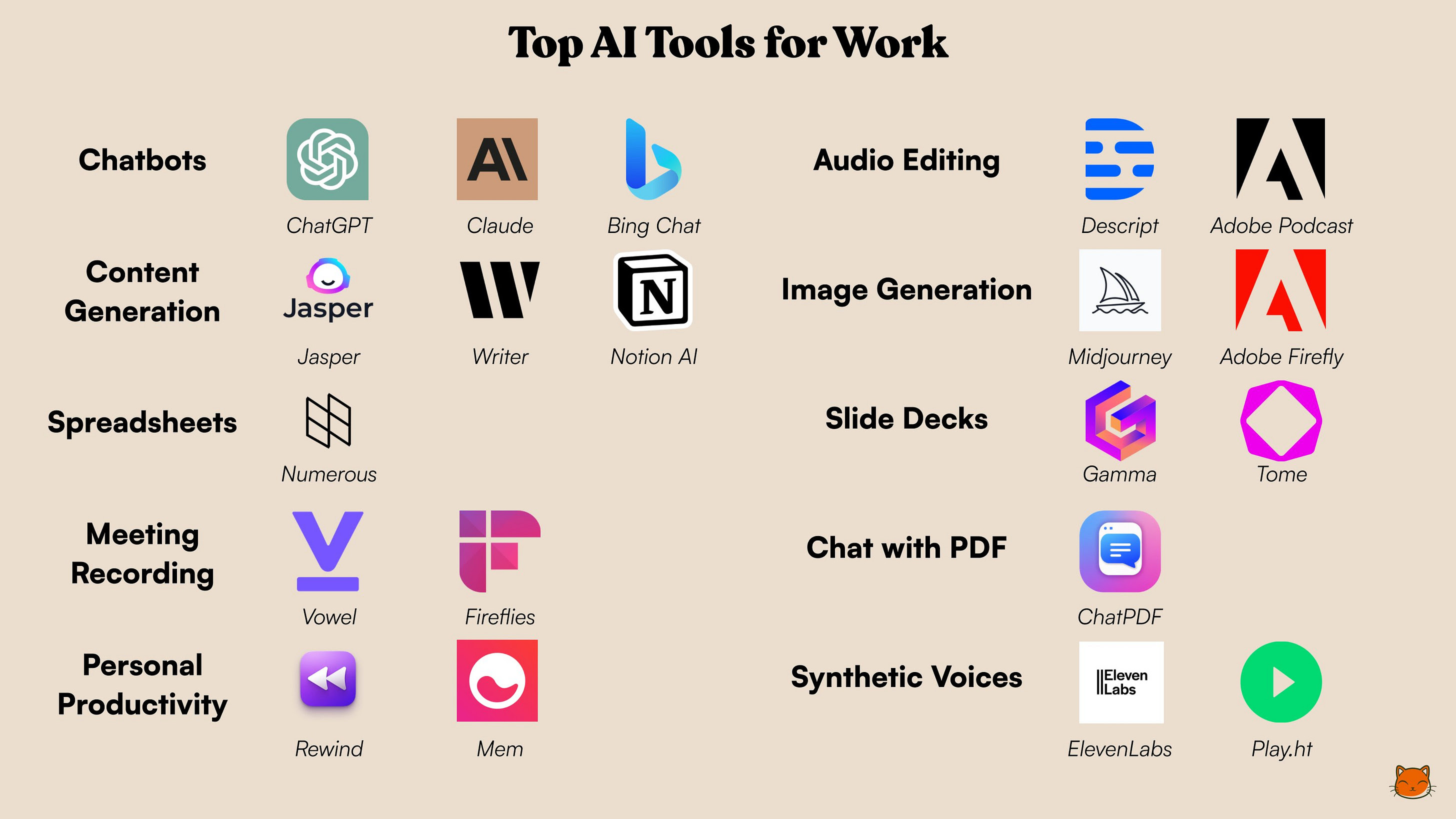AI Tools -Best Ai Tools
Artificial Intelligence (AI) has rapidly evolved in recent years, revolutionizing various industries and aspects of our daily lives. One of the key driving forces behind this evolution is the development of advanced AI tools. These tools, leveraging machine learning and deep learning techniques, empower businesses and individuals to process and analyze vast amounts of data, automate tasks, and make informed decisions. In this article, we will delve into the world of AI tools, exploring their significance and impact across diverse domains.
AI Tools, ChatGPT, Best AI ,
AI Tools
Exploring AI Tools: Enhancing Efficiency and Innovation
Artificial Intelligence (AI) has rapidly evolved in recent years, revolutionizing various industries and aspects of our daily lives. One of the key driving forces behind this evolution is the development of advanced AI tools. These tools, leveraging machine learning and deep learning techniques, empower businesses and individuals to process and analyze vast amounts of data, automate tasks, and make informed decisions. In this article, we will delve into the world of AI tools, exploring their significance and impact across diverse domains.
1. Natural Language Processing (NLP)
Natural Language Processing (NLP) is a branch of AI that focuses on the interaction between computers and human language. NLP tools enable machines to understand, interpret, and generate human language, allowing for sentiment analysis, language translation, text summarization, and more. NLP is fundamental in chatbots, virtual assistants, and content recommendation systems, enhancing customer service and user experience.
2. Computer Vision
Computer Vision AI tools enable machines to interpret and analyze visual data, such as images and videos. Applications of computer vision range from facial recognition and object detection to medical imaging and autonomous vehicles. These tools have significant implications across industries like healthcare, retail, security, and entertainment, driving efficiency and innovation.
3. Machine Learning Libraries and Frameworks
Machine learning libraries and frameworks provide a comprehensive set of tools and resources for developing machine learning models and applications. Libraries like TensorFlow, PyTorch, and scikit-learn simplify the implementation of complex algorithms, making it easier for developers and data scientists to create and train models for various tasks, from predictive analytics to pattern recognition.
4. Robotic Process Automation (RPA)
Robotic Process Automation involves automating repetitive and rule-based tasks through software robots or bots. These AI tools can mimic human actions within digital systems, improving efficiency and accuracy in workflows. RPA is widely used in finance, customer service, and healthcare, streamlining operations and allowing human workers to focus on more strategic and creative tasks.
5. Reinforcement Learning
Reinforcement Learning is a type of machine learning where an agent learns to make decisions by interacting with an environment and receiving feedback in the form of rewards or penalties. AI tools utilizing reinforcement learning are instrumental in training models for game-playing, robotics, and optimization problems. They enable machines to learn and adapt based on experiences, paving the way for autonomous systems.
6. Generative Adversarial Networks (GANs)
Generative Adversarial Networks (GANs) are a class of AI tools that involve two neural networks, a generator and a discriminator, competing against each other to create realistic data. GANs are employed in creating art, generating realistic images, and enhancing data for training models. They hold immense potential for creative applications and data augmentation in machine learning.
7. Chatbots and Virtual Assistants
Chatbots and virtual assistants are AI tools designed to simulate human conversation and interaction. These tools are integrated into websites, applications, and messaging platforms to handle inquiries, provide support, and assist users in various tasks. Chatbots enhance customer engagement, automate responses, and offer personalized experiences.
Conclusion
AI tools continue to drive innovation, transform industries, and augment human capabilities. Natural Language Processing, Computer Vision, Machine Learning Libraries, Robotic Process Automation, Reinforcement Learning, Generative Adversarial Networks, and Chatbots are just a few examples of the diverse AI tools available. As technology continues to advance, these tools will evolve further, unlocking new possibilities and reshaping the way we interact with the world around us. Harnessing the power of AI tools will be crucial for businesses and individuals seeking to stay competitive and embrace the future of technology.
Writter : ANIL CHAUDHARY

























